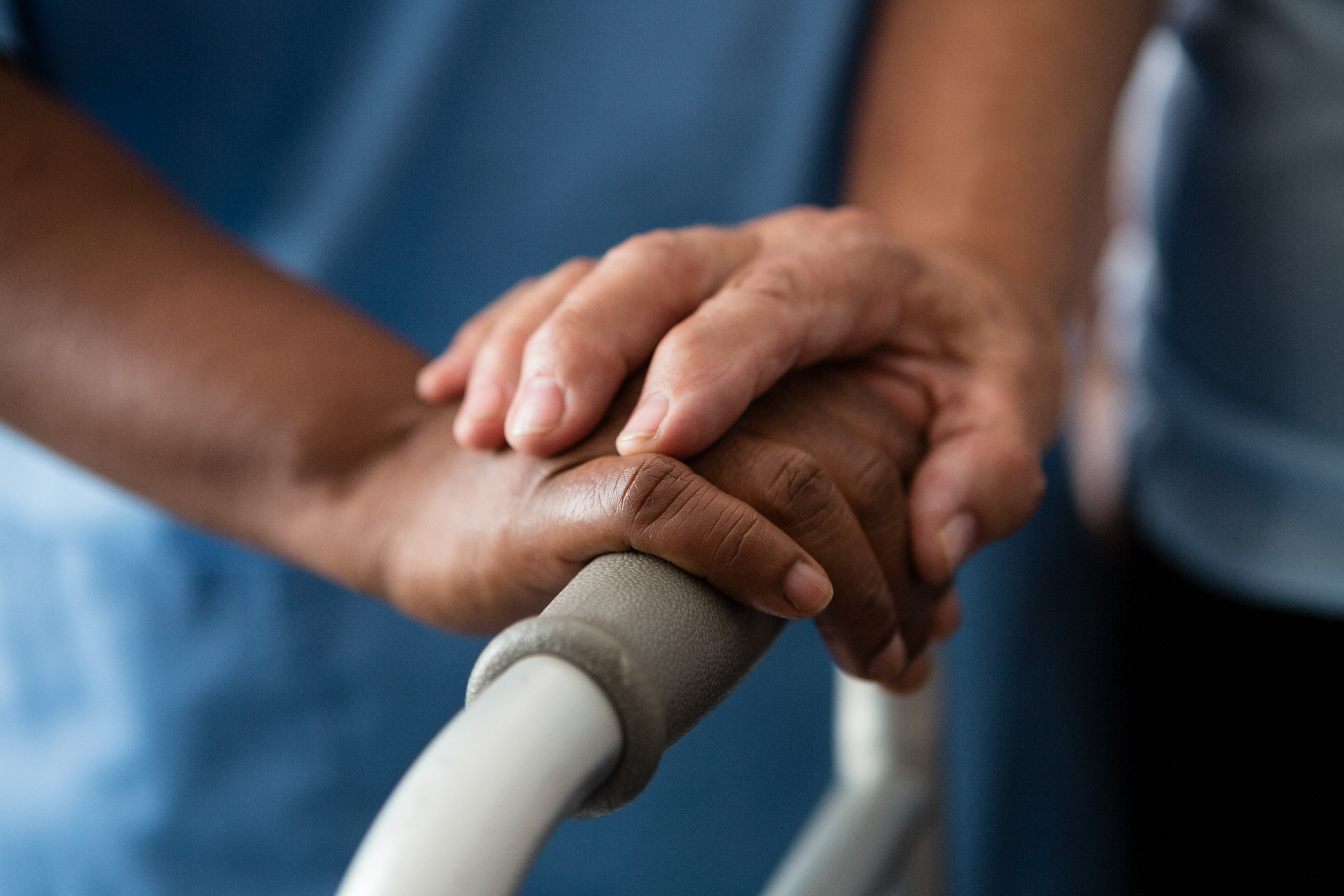
When COVID-19 reached community spread in the United States, New Wave Home Care assumed incredible responsibility as an “essential service”. With the virus posing a special threat to individuals over the age of 65, the elderly care industry as a whole was set to face previously unimaginable challenges. For the Southern California-based caregiving company, this meant addressing the impacts of the pandemic with radical solutions.
I learned about the pre-existing challenges of senior care when I began developing web content for New Wave three years ago. Before the pandemic, the company’s CEO and owner, Sam Gopinathan, expressed to me the difficulties of caring for the elderly. In the United States, where senior citizens are perhaps the most neglected demographic, such realities became even more daunting when COVID-19 began to spread rapidly across the country.
Suddenly, the elderly care agency was serving a client base of those most vulnerable to the emerging public health crisis – and while at-risk individuals were encouraged to minimize physical contact with outside sources as much as possible, home care patients did not cease to rely on daily assistance. Like other essential businesses, New Wave worked through statewide “shelter in place” orders to ensure that their clients received the care they needed. This came with the knowledge that in doing so, their caregiving staff was putting their own wellbeing on the line.
New Wave made sure not to take this sacrifice for granted. In March, the company made an effort to create added support for its staff during the pandemic. They provided bonuses and created a grocery delivery service for both workers and clients to help limit their need to shop and reduce their potential risk of exposure in public spaces. These efforts not only expressed gratitude for essential workers but kept people safe. Up until June, not a single member of the New Wave staff or client base had tested positive for COVID-19.
New Wave experienced their first positive test in early June–an asymptomatic staff member. Of course, a positive test was cause for alarm, but also an event that those in the caregiving industry have all had to prepare for. The first and obvious course of action was to make sure the caregiver was no longer working and was isolating at home. This seemingly simple response, however, posed a moral dilemma for Sam.
Sam knew that the positive staff member lived with her three children under the age of ten, her aunt, and her grandfather. On top of living with at-risk individuals, they all shared a small one-bedroom apartment and a single bathroom. In a two week “quarantine”, his employee would not be able to isolate herself to a confined area. Sending her home meant almost certainly forcing her to spread the virus to her family.
Most other businesses regarded it standard to leave it up to their employees to work out any problems posed by a mandatory quarantine. But this did not sit well with New Wave Home Care.
Rather than following the status quo, the company did something radical. Sam decided not to send her to her apartment for the two weeks of quarantine. Instead, he booked her a two-week stay at a local motel. It was clearly not the most cost-effective solution, but it was the one that left him with the fewest concerns for the wellbeing of others.
What Sam’s decision represents to me is not a guideline of how every business should be expected to react to similar events, nor an excuse to put one caregiving company on a pedestal over the rest. What it does represent is a much-needed example of compassion during dark times. Hearing the everyday stories of the COVID-19 crisis reminds us to act with such compassion. Sam’s employee might be seen on paper as just another positive test. But behind that positive test is a face, someone that he knows and cares for, who also has a family and concerns of her own. By understanding the realities of those affected by the virus, we can also learn that we cannot approach every positive test with a generalized response. Although standard protocols are an important way to remain cautious right now, we also need to actively practice empathy in order to wade through this crisis together.
“As a provider of elderly care, I have dedicated myself to providing heartfelt and human-based solutions for my clients,” Sam said, “How could I expect my caregivers to treat our clients with kindness if I cannot extend basic kindness to their employment?”
Similarly, I encourage other employers and small business owners who are capable of doing so to ask themselves: How can I act with compassion, support, and basic kindness as my business perseveres during the pandemic?

